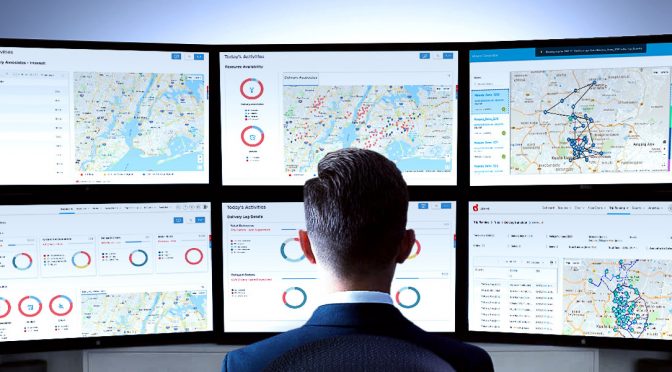
According to the American Trucking Associations, freight tonnage hauled by trucks would increase by 27% (between 2016 and 2027). With global retail sales to touch $27 trillion by 2020, it just adds to the problems of high volume and restricted resources. Most of these companies would win or lose based on how they optimize their last mile deliveries.

Technology has enabled us to record, plan, allocate, dispatch, track, validate, and analyze all freight movement from a single dashboard with clear and real-time actionable insights in an easy-to-understand format. This leads to an agile, reactive, and dynamic setup for a company’s transportation management system.

Logistics management has now become the singular platform for cost leadership and profit generation. Most of the Fortune 500 companies partner with management consultants to streamline their strategies and processes. Accenture has time and again reinstated the importance of profitable and agile processes. They have adapted their strengths to incorporate logistics management as a core competency.
Workforce tracking technologies have been around for a while. Individuals on the field use their hand-held devices to log in project updates as and when they happen. It is just now that this process has done a back-ward integration to encompass almost all scheduling activities.

